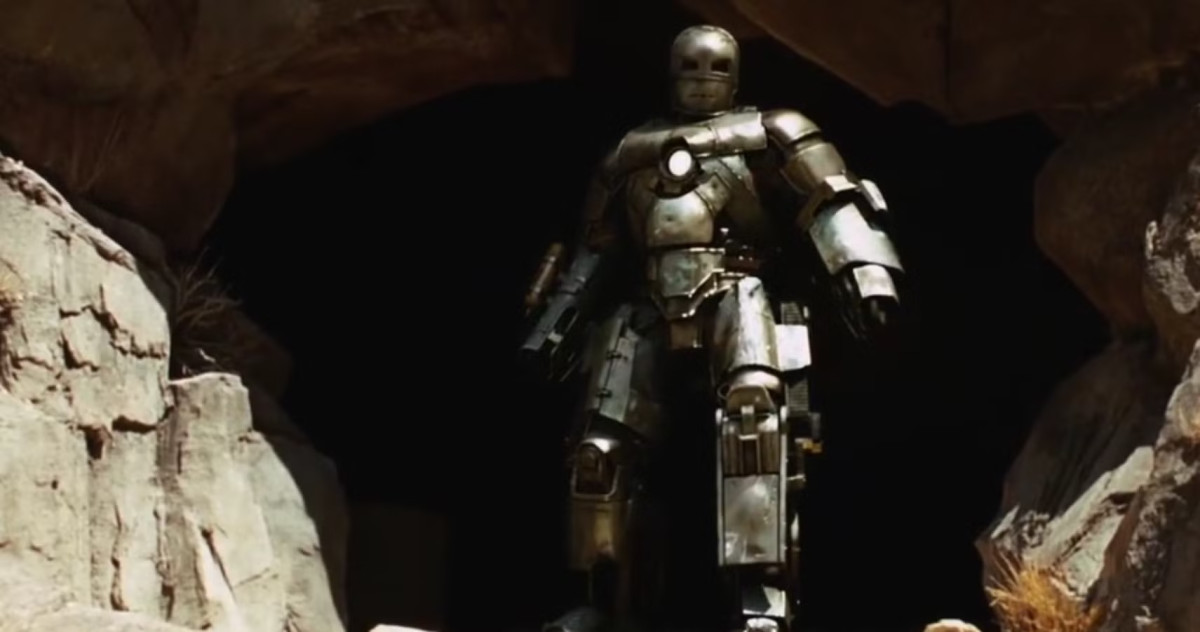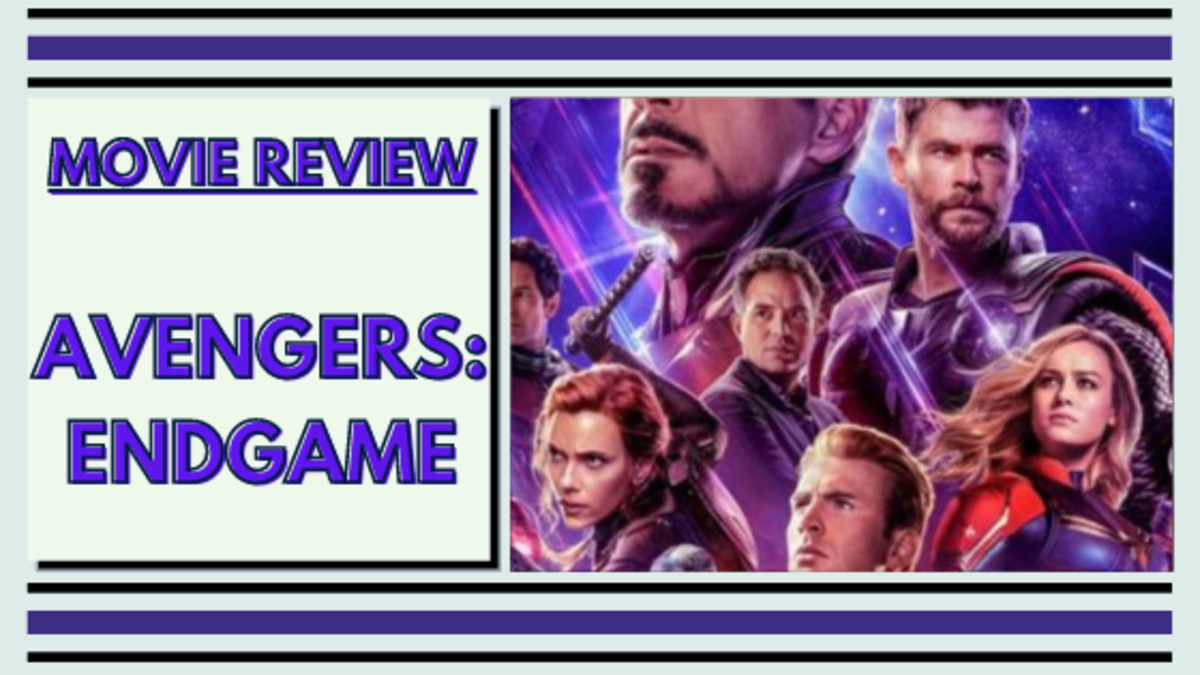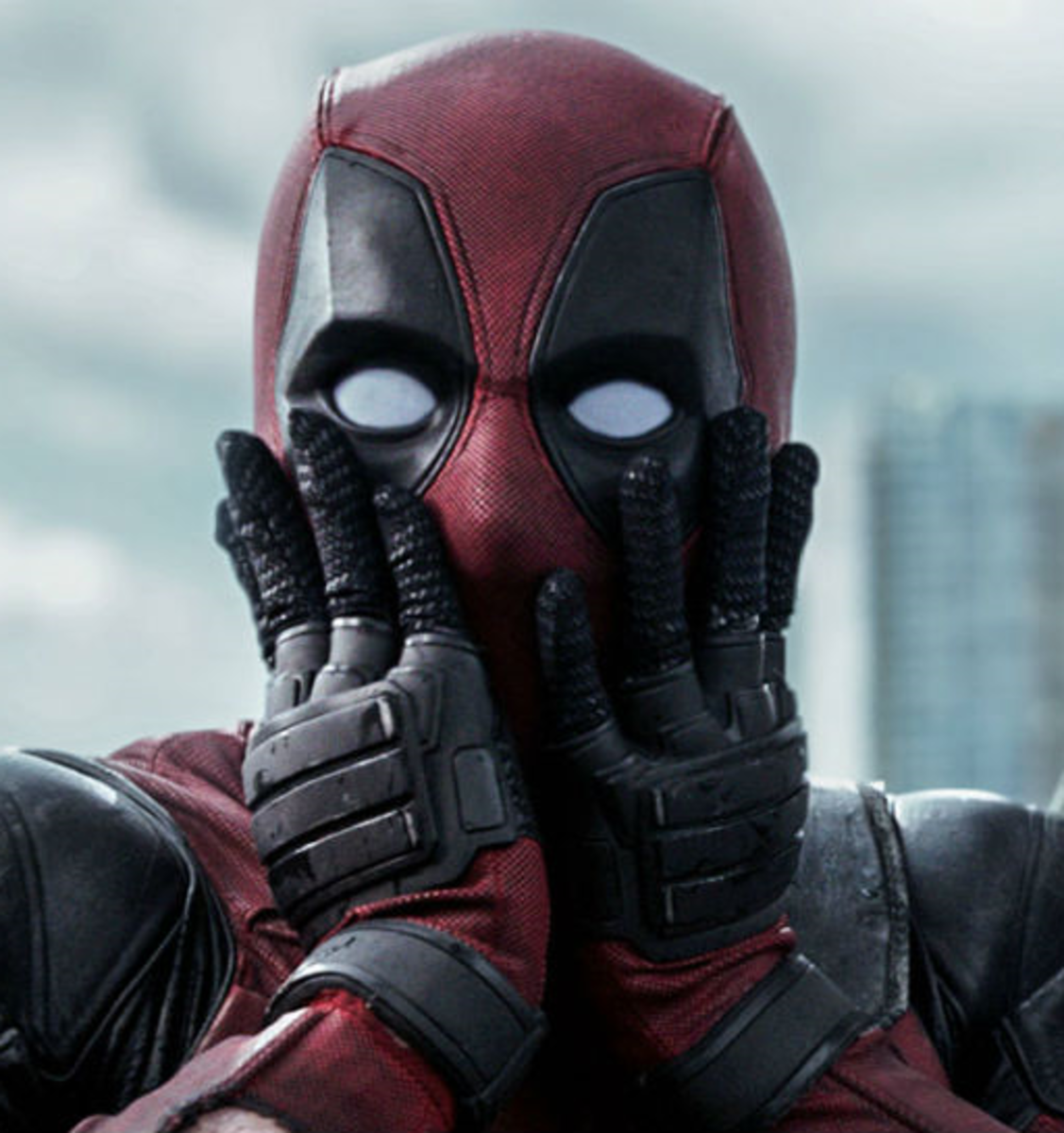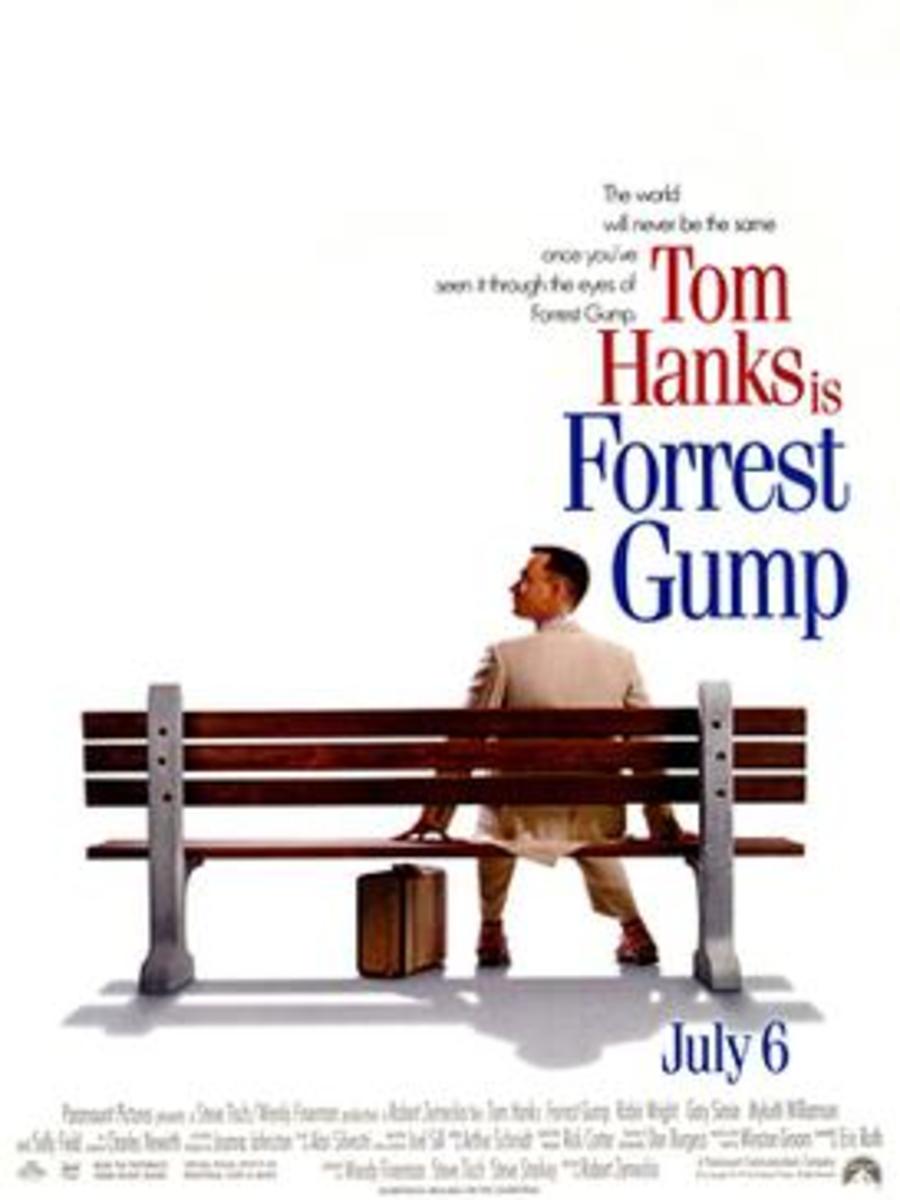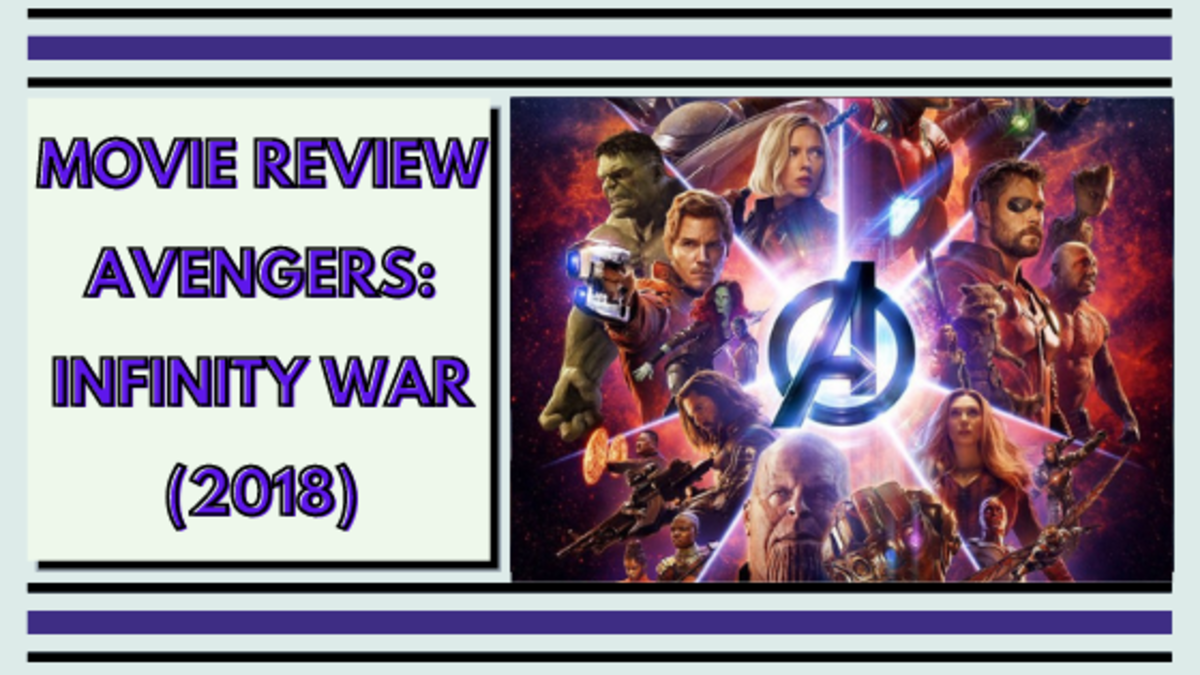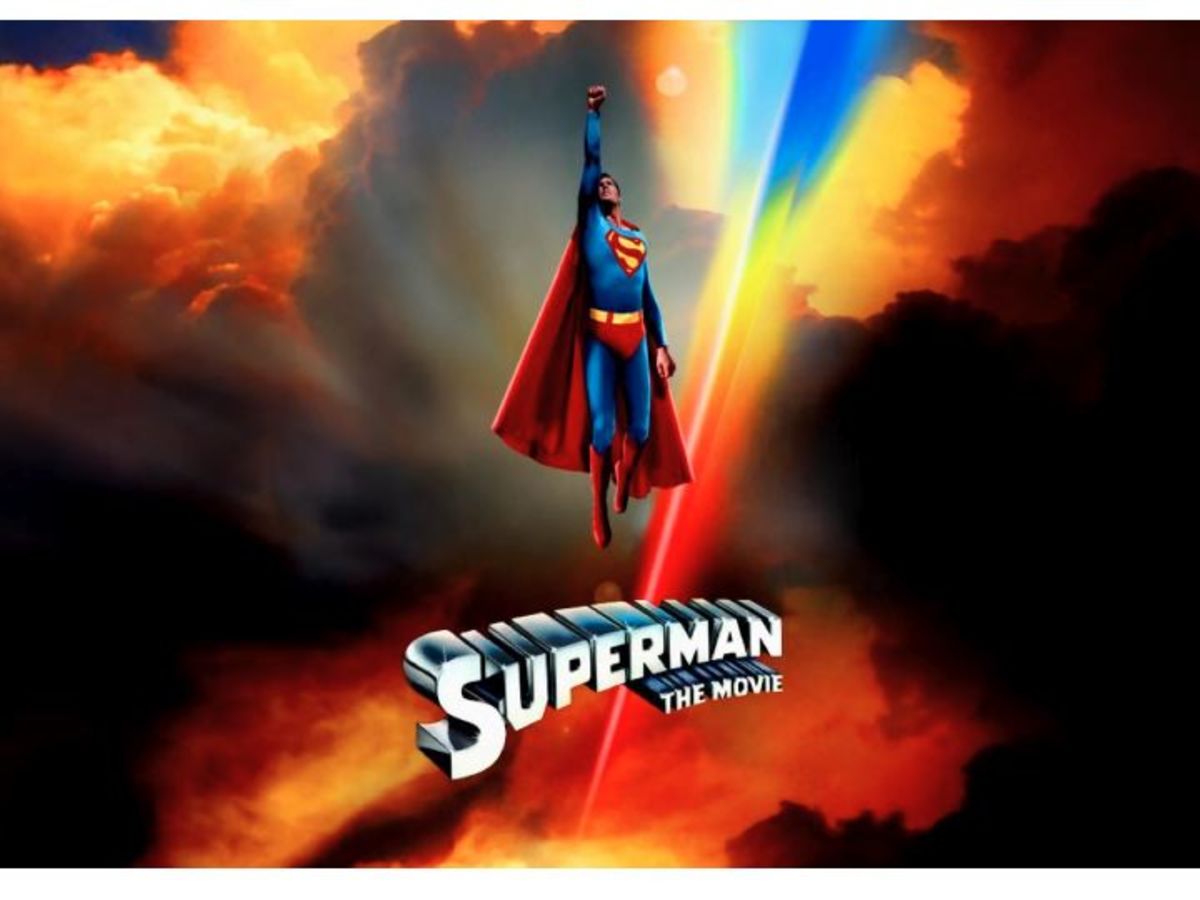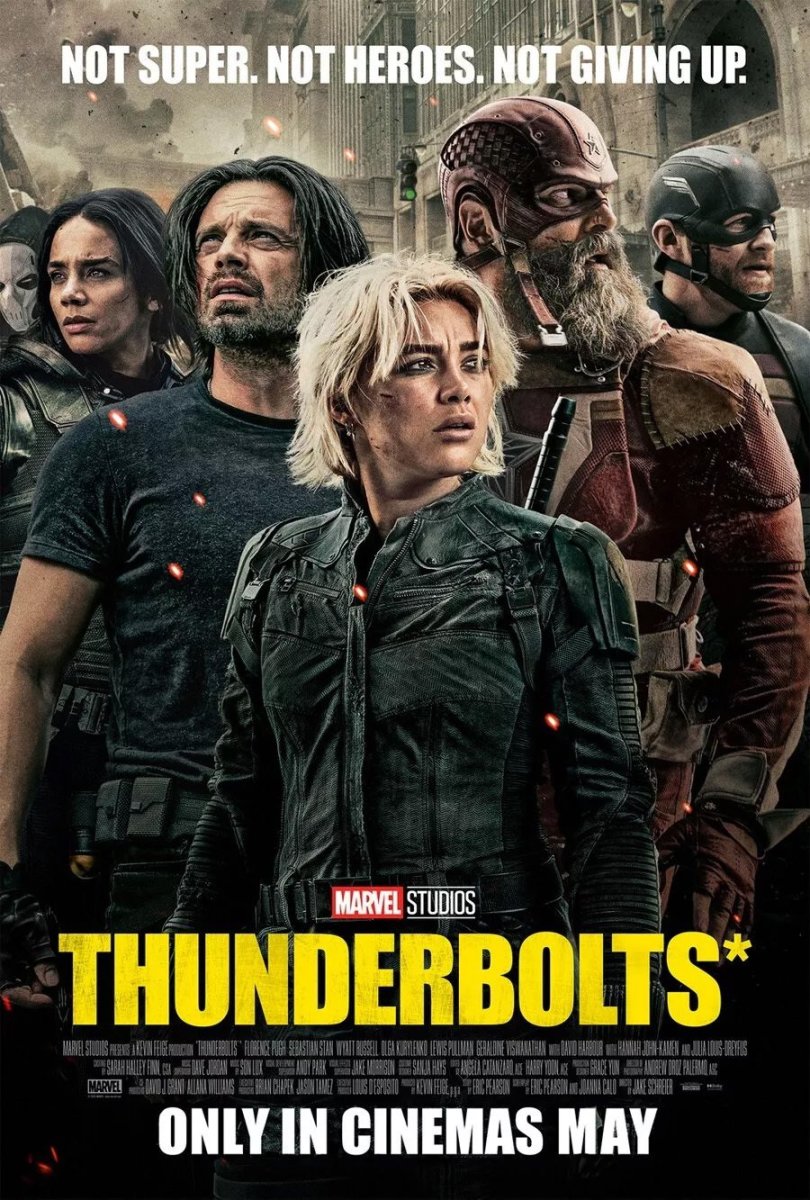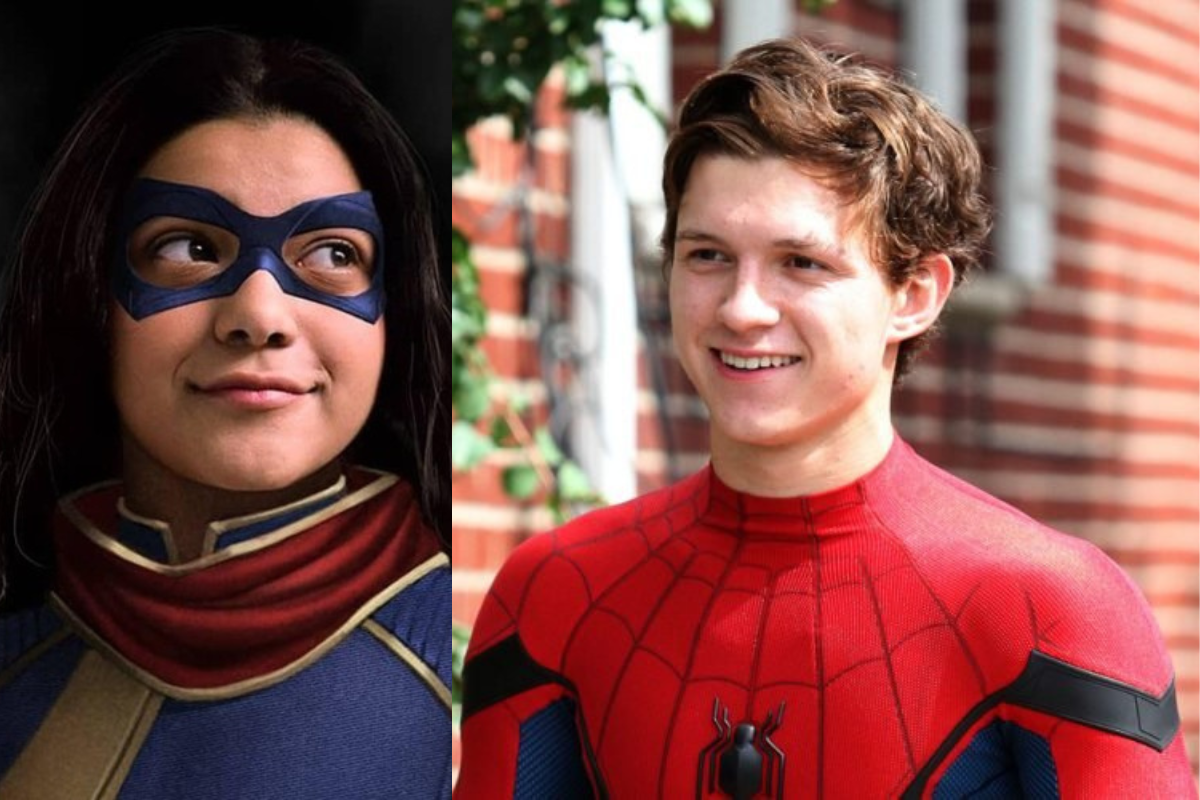- HubPages»
- Entertainment and Media»
- Movies & Movie Reviews»
- Science Fiction & Fantasy Films
How the Marvel Cinematic Universe Revolutionized the Art of Franchise
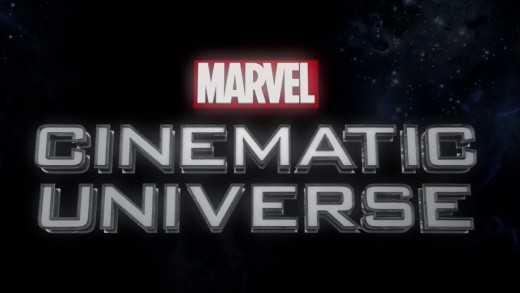
With Avengers Infinity War set to break records in a few days, expectations are high that this will be the crowning achievement of any movie franchise ever in Hollywood history. Not only in terms of money to be made but being a decade-long effort in the making, filled with risks, rewards, criticisms, and remaking the rules of what makes a successful franchise.
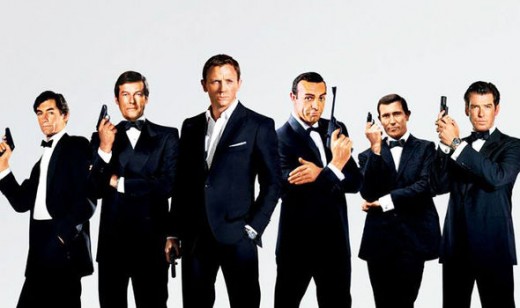
Standing on the Shoulders of Others
This might be easy for many to forget, but the marvel cinematic universe is not the longest running franchise. No, that title, along with most movies made in a franchise made goes to the 007 series with a total of twenty-six movies since 1962. It was considered a tent-pole series before the term was ever coined for movie properties.
A franchise can be described as a series of movies involving the same characters across many different stories. And in the beginning, they were one offs. While the 007 series had been ongoing and clearly successful in its own right, no one had really thought to duplicate that method. I would argue that was because Hollywood at that time, like a college student, was still in its experimenting phase. Many different directors were exploring many different ways to make movies and using new tools and markets not previously available to past generations. The first property to start duplicating this trend was the Jaws movies. This was followed up by Starwars, Superman, and even smaller, pop culture movies like Porky’s.
However it was Steven Spielberg and George Lucas’ creations that inceptioned the idea in the business’s collective brain that movies with the same characters could be successful hits. Or what we would later come to call, blockbusters. Their universes of Starwars and Indiana Jones became cultural icons because they were the first ones to do it so successfully and in a time where Hollywood now started transitioning from their focus on experimentation to one of making large amounts of money.
It was 1990’s when franchises began to mature and become a well-traveled road. Some like Batman, were mega hits and very successful, while others had less success or were straight to video releases like American Ninja. Continuing into the 2000’s they were usually hit-or-miss affairs. While the same characters were used, there was no real ongoing story. Some never made it past the first film. It was more like,
“Well that movie went over well, what other situations can we put them in?”
Enter the Marvel Cinematic Universe.
"...there was blueprint that they were following from the beginning and this approach was a departure from the make-it-up-as-we-go-along route taken by other traditional studios."
New Kid, Big Risks
While Marvel heroes had been in movies, like X-men, Spiderman, and Blade, they were done by different studios because of financial trouble the comic company was in. Fans had always wanted to see those heroes together but it wasn't a realistic possibility. Nor did any of the major studios have interests in that difficult a project. Those fantasies were best left to the comic books.
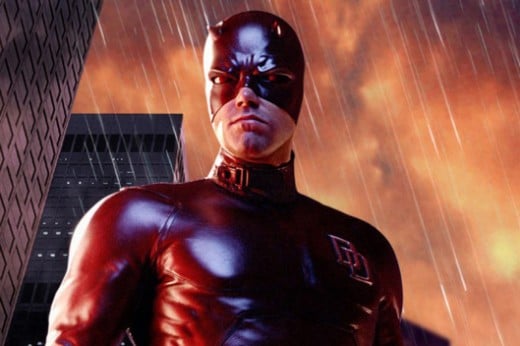
Marvel Studios entered the game with 2008’s Ironman and on the surface, it seemed like a run of the mill superhero genre like those that came before it. It followed the same beats of the origin story that its predecessors had. Even then, people were already talking about superhero burnout. Moreover, Ironman wasn’t even a A-list superhero. Previous placeholders like X-men and Superman had become movies because they were already pop culture icons via cartoons, TV shows, and very successful comic book runs. So Ironman was a risk, taking a B- team hero and trying to make audiences care about him like he was an A-team one. The gamble however paid off and that was largely due to care the cast and directors put into the film, some being long time nerds themselves. It was a dedication that was becoming lacking in recent films, lacking creativity, substance, and were obvious and bland attempts at money grabs.
Ironman was where the studio started to slowly change the game. At the time Marvel Studios could only use characters they still had rights to and had not sold off. This left them with the Avengers as the only real option they had to work with. So what they started doing was planting Easter egg scenes at the end of each movie, all of them pointing towards some major event down the road. Comic fanboys knew what this meant but it still seemed like a long shot. It had not been done before. There were characters stretched out across several movies and years of character development, time, and money.
However there was blueprint that they were following from the beginning and this approach was a departure from the make-it-up-as-we-go-along route taken by other traditional studios. This can be directly attributed to the fact that Marvel Studios started out doing comic books. Their approach was less of a cinematic one and more a paperback arc done on the big screen. It was definitely risky.
Establishing so many unknowns could lead to the long foretold, overdosing of the public, especially since everyone knew now that the superhero market could make crazy money. Moreover, DC had already accomplished a milestone of its own with The Dark Knight, a film that also took its material seriously and struck a cultural nerve, winning many accolades previously unattainable since 1979’s Superman. It was a lot for Marvel to live up to.
However they stuck to their vision, celebrating each baby-step success, but always already having an eye on where the overall narrative was going. And it became apparent that what they were doing was not just building up a franchise or their own superhero team for the market, but an entire universe. One where multiple heroes inhabited the same world and interacted with each other, but also had their own individual sub-arcs and settings. Before we knew it, we as the audience were being trained to stay in our seats for post credit scenes after the movie was over, like it was church. And soon those B-list characters were not only becoming A-list ones, but switching places with the previous holders as X-men, Spiderman, and post-Nolan’s Batman now found themselves on the B-team.
It wasn't until 2012’s Avengers that finally delivered the huge payoff. It would be the first time that multiple, established heroes would be sharing the screen. Had it failed, Marvel Studios may have indeed changed their game plan or maybe even had broken them because of their roots and how committed they were to their own direction. That turned out to be not a problem as the movie became one of the highest grossing films of all time.
It not only vindicated the studio’s direction and put it first place in the genre, but it now had the other major studios that didn't want to take the risk now taking notice. The characters they owned had fell to the wayside because they followed the cinematic dogma which preached that once a franchise burns out after three movies or fails, its time to shelf them and move on. However Marvel had now established that they were going to go well-beyond that and most likely be successful at it. Like what happened with Star Trek after the success of Starwars, competing studios scrambled to revitalize their own franchises and remind us who they were. But now the landscape had completely changed.
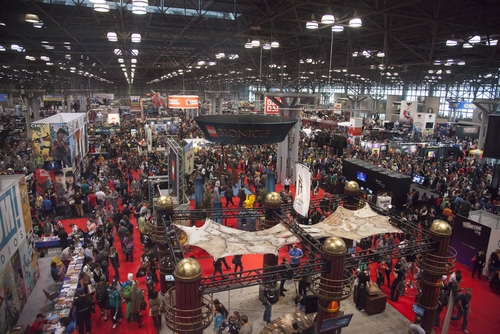
A Different World With Different Rules
For starters, the now declared Marvel Cinematic Universe, had grown up with pop culture. It took its time introducing and building up its characters as the culture evolved and embraced more of nerdom. Cosplay events and comic conventions had gone from being low-visible, back end gatherings, to headline news making, multi-million dollar affairs. Technology also played its part as the internet rapidly evolved to allow users access to events that they couldn't otherwise make it to and proliferate info about the properties that before wasn't possible.
Second was that it was now well-known that the MCU had been planning this direction for a long time and was still planning. Other Hollywood studios were caught flat footed and rather than follow the palate that marvel had established and green-eyed with envy, they instead rushed through their own properties, giving them no time to mature and attach themselves to the audience. They were still following the traditional superhero route. They also had no long term plan either. They just saw that Avengers made a shit-ton on money and wanted their piece of the action. Basically, with Marvel, the story came first. With everyone else, the money did, and it showed.
And Marvel’s route wasn't without controversy. Focus on social justice issues has also grown up with the millennial culture and there were many clamoring for more of a diverse presence in the now established tentpole. The character of Black Widow being the prime example. Marvel however, stuck to its game plan that it already set up years ago despite the flak it received. The story came first, even before pleasing the fan base and its something its still criticized for.
The third reason is that the fanbase was now more than just kids and teens. There were full-fledged adults now who followed and were still inspired by superheroes. They now, along with their children relished in the superhero renaissance.
"In the past, cast and crew could look at comic movies as a lesser-form of film making, not taking it seriously compared to the Woody Allen’s and Steven Spielberg’s."
Caring Hands
Another way the genre had changed was how superhero movies were made. The ones that were successful were done by directors and actors who really cared about the project and did not just view it as a community service activity or next month’s check. Again Dark Knight already established how successful this methodology could be and it was not even an MCU film. Hugh Jackman’s devotion to the X-men character of Wolverine is another unique example. If the team behind the films weren't fans or had at least thoroughly did their homework, then their effort clearly came across now as half-assed. This wouldn't have been the case twenty years ago but it was now.
And lastly, there was one person driving the ship’s direction: Kevin Feigie. This actually followed an old-school principle set by Lucas and Spielberg. One person with a vision had a better chance of getting things done than a committee arguing for their own directions to be primary focus. Because of this, the MCU never lost its direction or got lost in its money. This is a lesson ironically that the recently reborn Starwars franchise is jut now learning.
The King is Dead, Long Live the King
Infinity War is going to be the biggest MCU event since 2012’s Avengers, covering over several character arcs and summing up ten years of build up to a singular goal. The MCU has fundamentally altered how a build a successful franchise and much of it runs against the Hollywood vein. In the past, cast and crew could look at comic movies as a lesser-form of film making, not taking it seriously compared to the Woody Allen’s and Steven Spielberg’s.
Now they had to take them seriously as the genre has become the leading forefront of the cinematic business. Anyone who got involved had to give a damn and approach it as if it was an Oscar-worthy performance. However many have instead grown to resent them or question their new place, among them Jodie Foster and James Cameron. Actors who have been involved in the movies have noted recently that there are many who still look down on comic movies, despite the MCU’s success. The new kid on the block had become its a king, and not all the subjects were pleased.
The rise and success of the MCU stands on the shoulders of those who came before, but has also created long-reaching aftershocks whose full affect are not yet known. It now carries the mantle of how far the superhero genre can go, outlasting stagnation and predictions of overload. It is also forcing other longer, established franchises to rethink their approach like Starwars. Having a plan is clearly showing more mileage than the movie-by-movie approach that the long-running franchise has been recently doing and it shows.
Whether Avengers Infinity War will become the peak of the MCU’s development remains to be seen. But like it or hate it, it’s mark on the industry, a generation, and history is now assured.
© 2018 Jamal Smith

